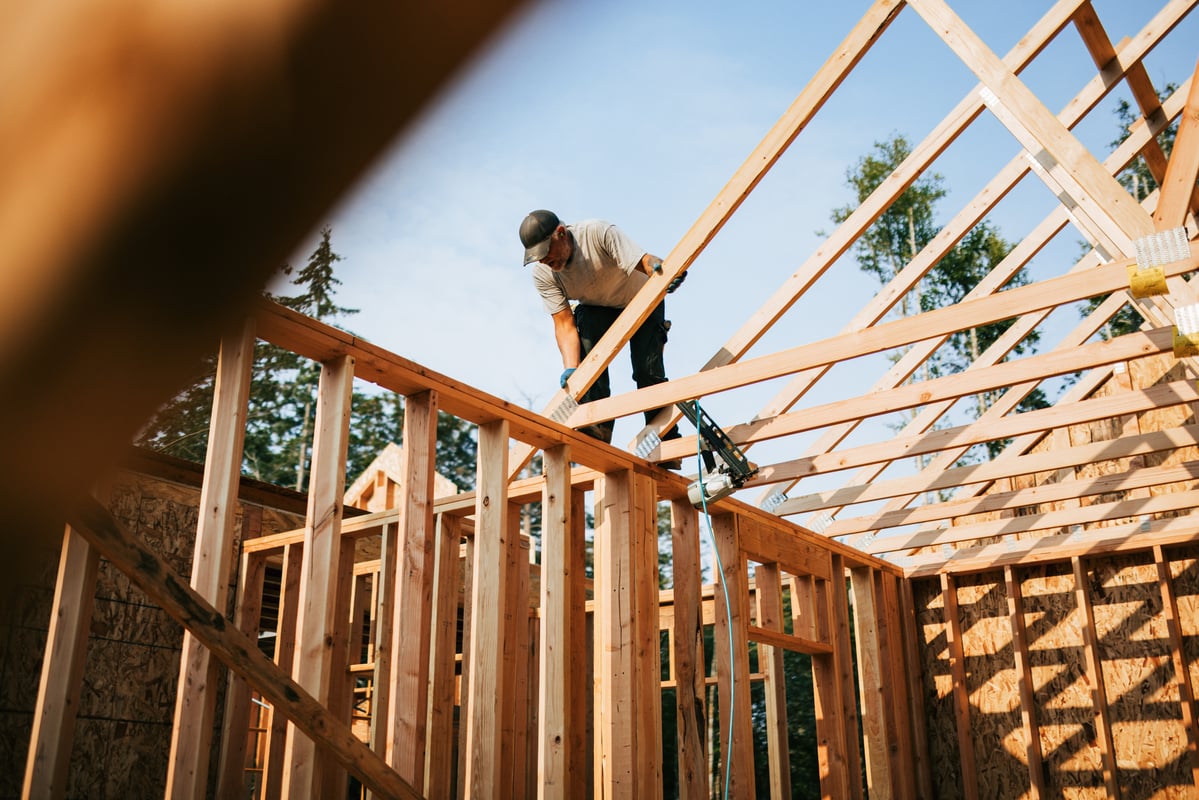The COVID-19 pandemic has upended the retirement plans of many investors as companies have seen their operations roiled by business closures, supply chain disruptions, and mounting bills with no money coming in.
Yet there are still plenty of dividend-paying companies that can help investors bankroll their retirement without having to make risky bets or buy penny stocks. The three stocks below are solid businesses that have proved they can withstand shocks to the economy over the years, all the while allowing investors to build up their nest egg.

Image source: Getty Images.
Abbott Laboratories
Healthcare giant Abbott Laboratories (ABT 0.79%) made news recently when it rolled out a five-minute COVID-19 test. It also made news when a New York University research team disputed the test's accuracy (Abbott is defending its product). Regardless of what happens next, though, Abbott remains a worthy potential investment because it is much more than a single test.
Abbott has a strong international established pharmaceuticals business that recorded 7.7% organic first-quarter growth, hitting $1 billion, and robust U.S. diagnostic revenues of 11%, which were offset mostly by sluggish international sales. Nutritional products were up a robust 7.3% to $1.9 billion.
Wall Street is looking for 10% compounded annual earnings growth for the next five years, and though Abbott's stock traded for 46 times trailing earnings by Wednesday's closing prices, it went for a somewhat more reasonable 30 times next year's estimates. Abbott's dividend of $1.44 per share yields a modest 1.6%, but the company has made the payout every single quarter for the past 96 years, which means it's handled its share of market ups and downs.
Although no dividend is guaranteed, and certainly not in current market conditions, Abbott's payout ratio of under 50% means there is a degree of safety built into it. A payout ratio under 60% is generally a sign that a company isn't using too much of its earnings to support the dividend, so it can continue to be paid out -- and, more importantly, increased. Abbott has a record of raising its dividend for 48 consecutive years, suggesting investors can put the stock in their retirement portfolio and see it continue to grow over time.
Amcor
Amcor (AMCR +8.43%) flies under the radar of many investors because it is in the decidedly unsexy business of packaging. Yet, whether rigid or flexible, Amcor's packaging keeps food, beverage, pharmaceutical, medical, home care and personal care products under wraps for a broad swath of businesses.
Formed in its current iteration after a merger with Bemis last year, Amcor has benefited from greater demand in global healthcare needs and in emerging markets. And though CEO Ron Delia has said the company is "absolutely not immune" to the impact of the pandemic, he also pointed out Amcor has seen "no material impact on our financial results" attributable to it, either.
While many companies have withdrawn their guidance for 2020, Amcor recently raised its full-year outlook (for the second time) and is forecasting earnings-per-share growth of 11% to 12% along with more than $1 billion in free cash flow.
Investing legend Peter Lynch was fond of buying "boring" businesses, and Amcor seems to fit the bill. Because its merger opened up new markets and opportunities for it, there is good reason to believe there will be greater growth in the future.
Moreover, Amcor has raised its dividend for 25 consecutive years. The yield is a healthy 4.5% at Wednesday's close, and Amcor forecasts it will produce $1 billion of free cash flow in 2020 before integration costs of $100 million for its acquisition of Bemis. After the payment of dividends, it says that's the equivalent of $300 million to $400 million.
Lowe's
In contrast with Amcor, Lowe's (LOW +0.36%) is a name familiar to investors, arguably more now during the pandemic than beforehand. Sales surged 11% in the first quarter as consumers who were stuck at home decided to spruce up their property, leading to a 28% increase in profits, which came to $1.3 billion.
It also looks like Lowe's will benefit from new home sales, which are rebounding after the housing market essentially came to a standstill during the pandemic. Now that we seem to be slowly emerging from the crisis, home sales are picking up, too, which bodes well for the DIY center, which has made a big push to capture both consumer and contractor business in recent years.
And like the previous two stocks discussed, Lowe's also has a long history of rewarding shareholders, having increased the payout for nearly 60 straight years. Its dividend also yielded a modest 1.7% at Wednesday's close, but with a payout ratio of 38%,, the home improvement center has sufficient room for years more of rising dividend payments that will help bankroll many a retirement portfolio.








